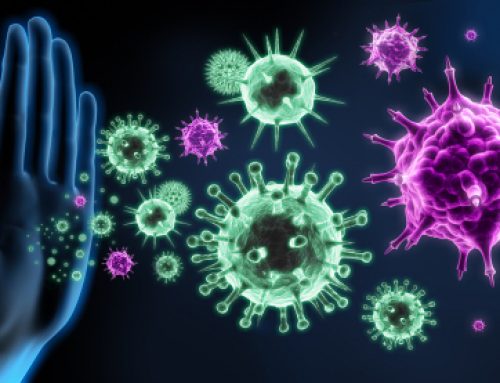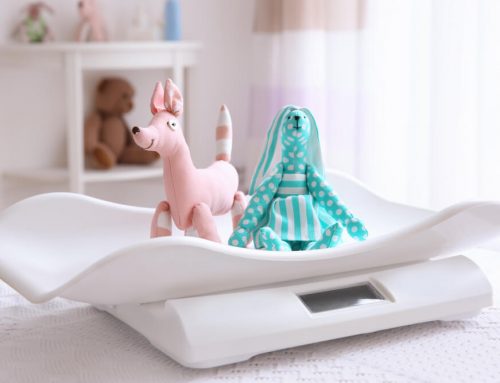Once you start looking into banking your baby’s cord blood, you may have a number of questions. We’ve put together a simple guide that will help you navigate through some of the most common questions regarding the decision to preserve cord blood stem cells.
FAQ #1 – How long can cord blood be stored?
Fact: Once cryopreserved, your baby’s stem cells will remain viable for a lifetime.
FAQ #2 – Can I choose to delay cord clamping if I bank cord blood?
Fact: Yes! You can choose to delay cord clamping even if you bank cord blood and/or cord tissue. Several scientific studies have looked at the impact of delayed clamping on the number of stem cells collected. The consensus is, delayed clamping will not significantly affect the yield of stem cells that you can harvest from the cord blood.
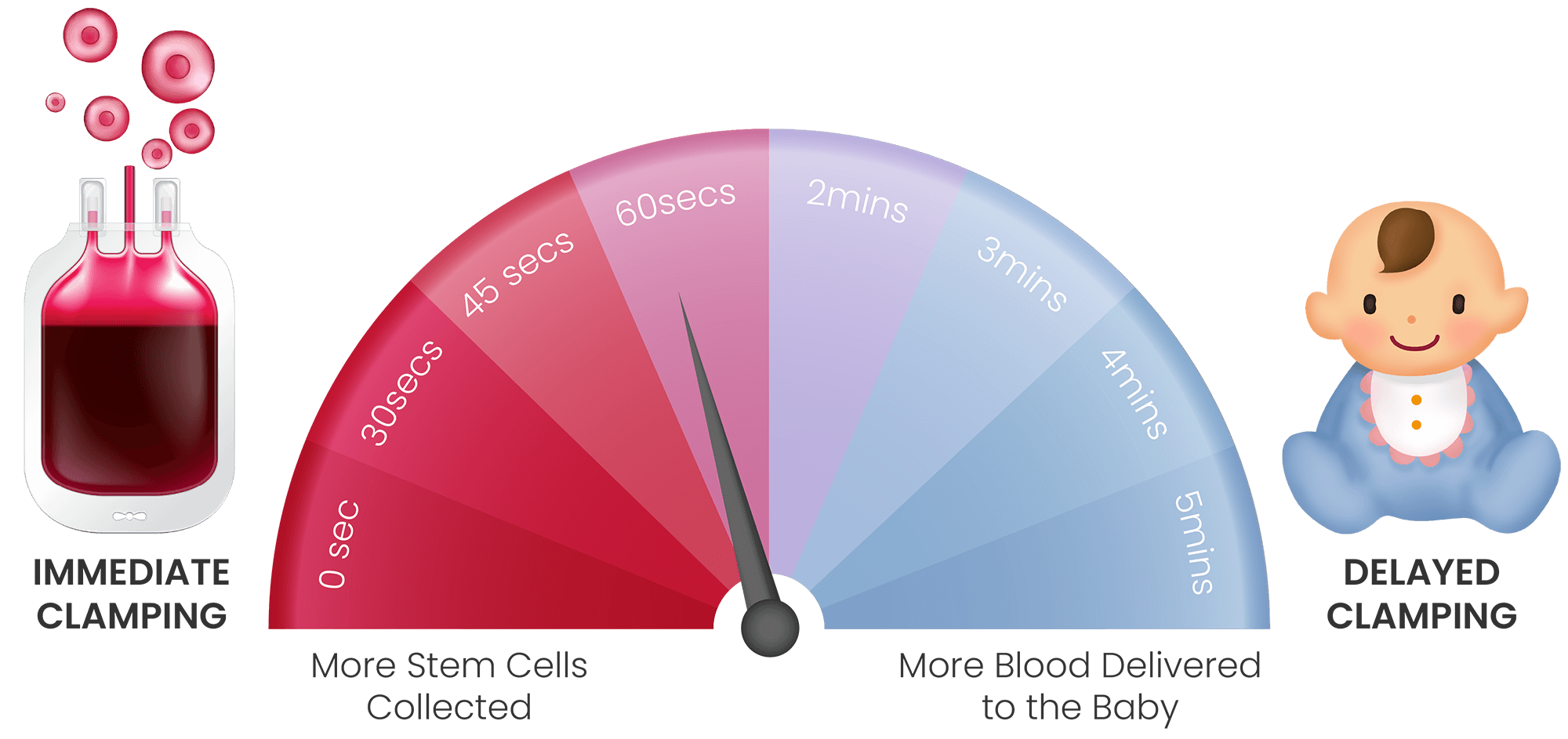
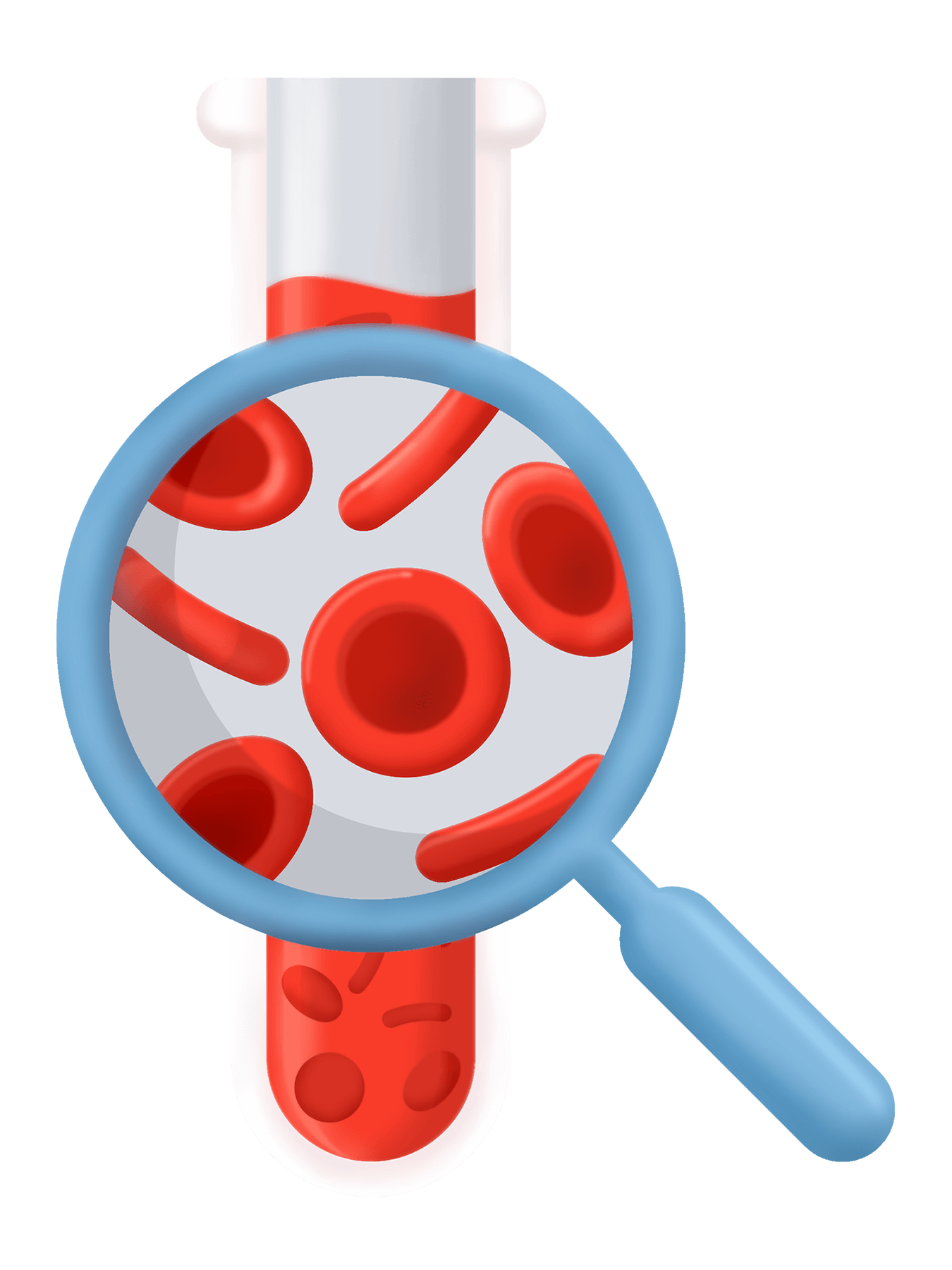 FAQ #3 – Can stem cells be used to treat diseases other than blood diseases?
FAQ #3 – Can stem cells be used to treat diseases other than blood diseases?
Fact: Yes! Physicians have been using cord blood transplants for more than 30 years, to treat over 80 different diseases. The list includes blood disorders, metabolic disorders, immune disorders and caners. You can find a full list of these diseases here.
What’s more there are more than 1000 clinical trials exploring the potential of using stem cells to treat neurological disease, cancers and heart disease. Check out our clinical trials page to learn more.
FAQ #4 – What are the chances that my baby will use his/her stem cells later in life?
Fact: Since the first cord blood transplant, cord blood stem cells are currently used to treat over 80 deadly diseases. With over 1000 clinical trials currently focussing on stem cells for treatment of diseases ranging from cancers to heart disease, the number of diseases treatable with stem cells will continue to rise during your child’s lifetime. Based on published data, a baby born today has an 87% chance of developing heart disease, osteoarthritis, diabetes, stroke or dementia in his/her lifetime.
These statistics coupled with the tremendous advances being made in stem cell research, it is likely that stem cells will be used to treat many more life-threatening diseases in your baby’s lifetime.
FAQ #5 – Why choose Healthcord?
Fact: Regulations for cord blood banks vary by country. It is important to choose a Health Canada registered and approved bank.
Credentials are also important. Accreditation bodies like the AABB (American Associate of Blood Banks), Health Canada and CAP (College of American Pathologist) perform regular inspections of labs to make sure they are meeting the industrial standards for laboratory testing and processing.
Healthcord is western Canada’s only and largest cord blood bank. Healthcord is proudly Health Canada registered and approved, AABB Accredited, and registered with the CAP cord blood proficiency testing program.
FAQ #6 – What is the difference between private cord blood banking and public cord blood banking?

Samples donated to public banks are made available in a worldwide registry
Fact: Donating cord blood is the same as donating blood. You cannot ask for your baby’s cord blood back when you need it. Also, only a small number of donated cord blood units donated actually become banked and the majority become discarded.
Banking your baby’s valuable cord blood stem cells for private usage by your family guarantees that your child owns his/her cord blood stem cells. This ensures that these valuable cells are readily available for the lifetime of your child for usage by your child or family members whenever it is required.
FAQ #7 – Do I need to bank the cord blood of my second child if I had already banked it for my first child?
Fact: Your child’s cord blood stem cells are a perfect match for himself/herself with no chance of rejection. While it is also a high match for other family members, the chances of it matching a sibling is around 50%. Banking the stem cells for each child guarantees that they will have their own stems cells readily available for their lifetime.
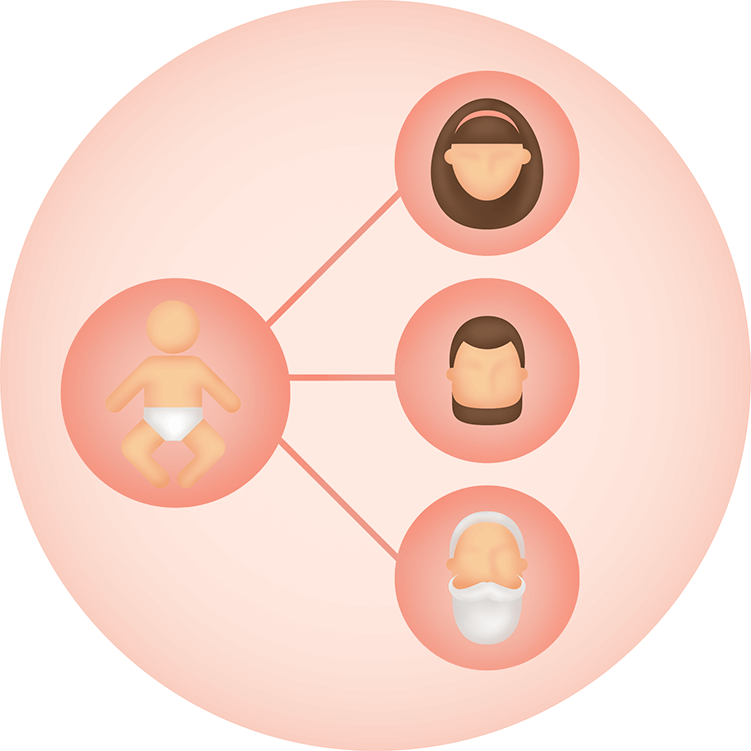
Your entire family can benefit from preserving your baby’s stem cells
FAQ #8 – Could I bank my child’s cord blood if there is no family history of disease?
Fact: Yes! Cord blood banking is intended to be a health insurance for your child for treating diseases later in life. Many of the conditions treated with stem cells don’t run in families. This means family history of illness is not a reliable source, when choosing to preserve newborn stem cells.
Also, with the rate stem cell research is advancing, it’s likely that they will be used to treat many more diseases in the future. So, by choosing to preserve their stem cells, you essentially give your baby access to therapies that don’t even exist yet.




